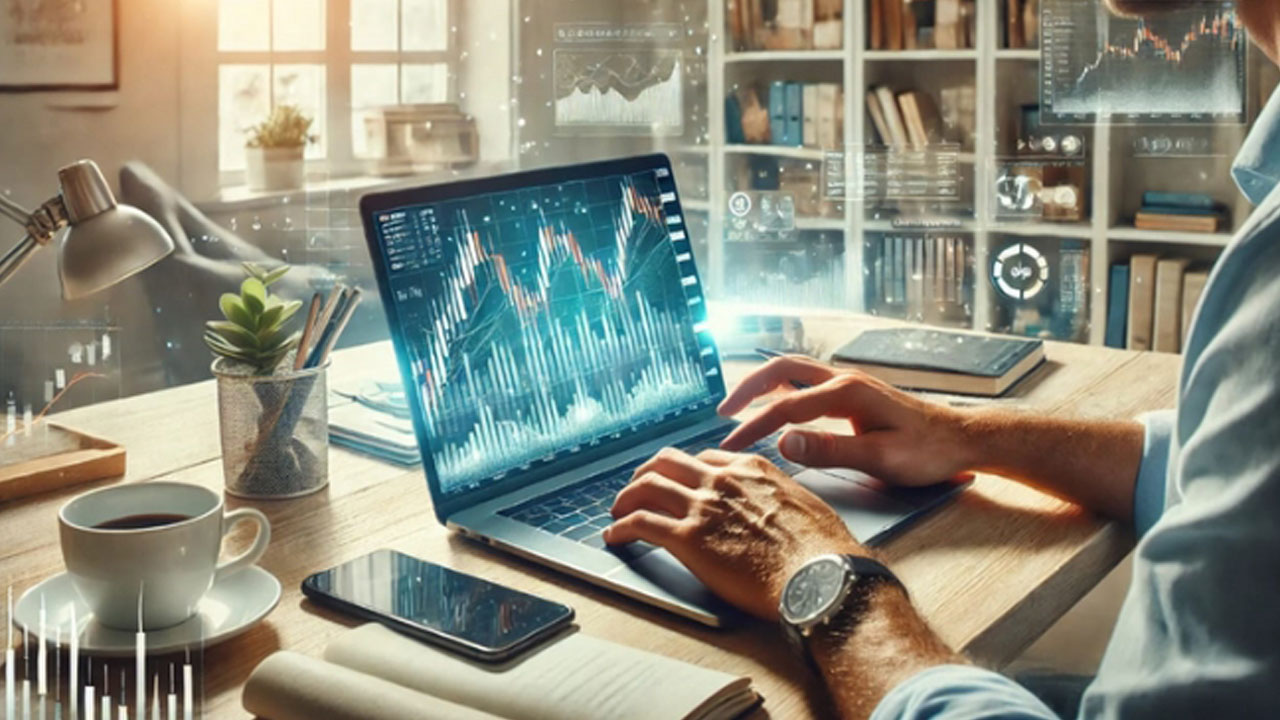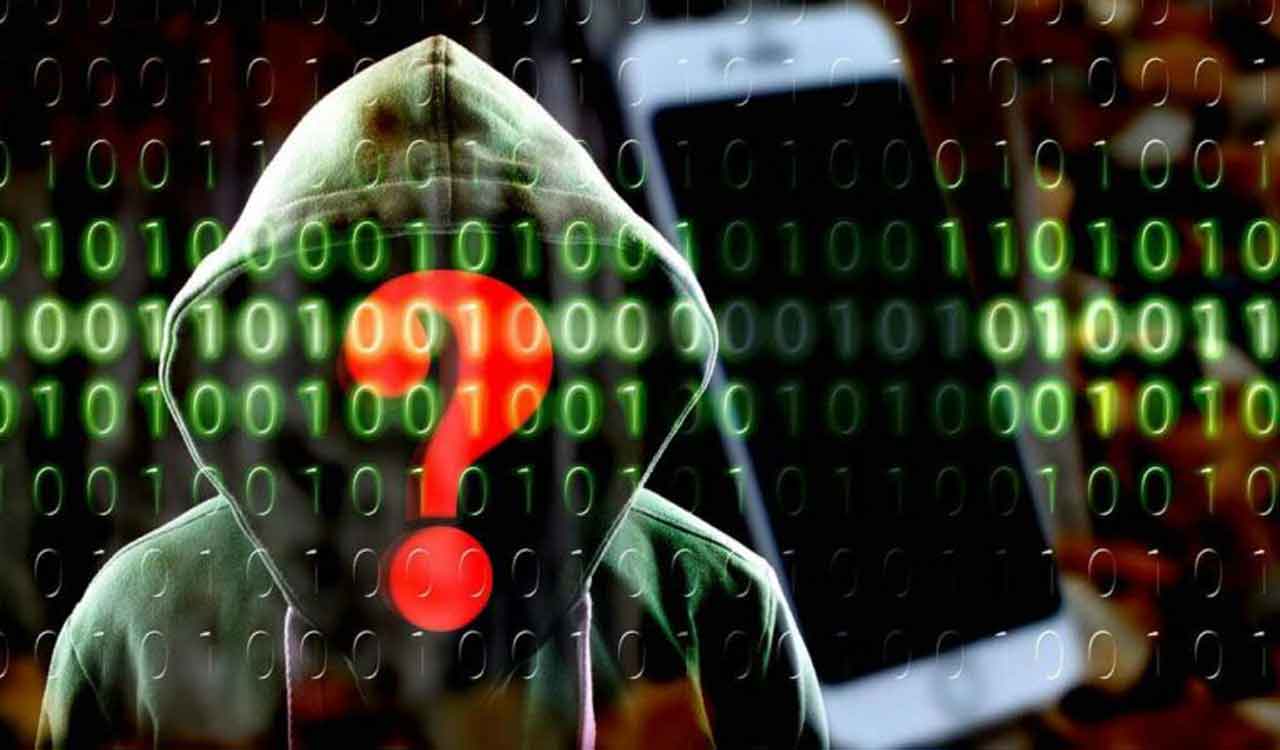How Should a Beginner Approach Online Trading?
2022 was rather a challenging year. Russia’s invasion of Ukraine added to the economic woes triggered by Covid 19, disrupting supply chains and elevating inflation even more.

New Delhi [India], 2022 was rather a challenging year. Russia’s invasion of Ukraine added to the economic woes triggered by Covid 19, disrupting supply chains and elevating inflation even more. Central banks responded by hiking interest rates, which slowed down the economic engines. The S&P 500 index crashed by 20%, and the Nasdaq Composite did even worse, losing as much as 33% over the course of the year.
Stocks may have suffered, but bonds did even worse – due to high inflation and the strong dollar. What about the tech stocks we had come to view as machines of endless growth, for instance Apple, Microsoft, and Amazon? They all took a serious beating in the high-interest-rate environment. As to cryptocurrency, we know what happened to FTX – one of the most “stable” companies in the sector – in November of that year. Bitcoin – the token hailed as being uncorrelated with the rest of the economic world – plummeted by 64% in 2022.
The stalwarts of financial growth people had relied upon for years had fallen flat. It seemed that, in post-Covid times, the economic rulebooks had been re-written. When inflation was finally brought to cooler levels and central banks started turning dovish in 2024, this contributed to inflating asset prices and, with them, market volatility. The IMF noted that asset prices were not efficiently pricing in shock events, so that “high geopolitical tension could trigger sudden sell-offs in financial markets and prompt volatility”.
As 2025 arrives, we find ourselves in a confusing economic landscape. Whether our financial eyes are focused on the long- or the short-term, there seems to be very little to depend upon. Where does this leave people who are still in the early stages of their trading careers? What’s the best place for them to get started in such a volatile world? Join us for some discussion.
Modern Trading Platforms
Today’s online trading platforms are very helpful devices which, when properly employed, can smooth out your learning curve considerably. That’s because they do a lot more than give you the facility to open trades. The better brokerages equip their platforms with education centres to assist users in finding out about concepts, instruments, and trading tools in reasonable periods of time. The materials they make available include, not just instructive articles, but also video tutorials and PDF guides, all of which are arranged in a straightforward, step-by-step format.
None of this is to say that online share trading has become a slam dunk. There is still a world of information for beginner traders to digest, and, in addition, a sphere of knowledge that is only properly acquired through experience. All of the things we have mentioned are just helpful technological tools for somebody who is actively involved in training himself as a financial trader.
The point is that, as a sort of compensation for having to trade in such unpredictable conditions, we have these handy little gadgets to assist us in progressing ourselves. With consistent hard work, it’s now possible for each one of us to turn himself into the “expert” and trade successfully in the markets. The question for today’s beginner is not “What type of trading is most appropriate for me?” – because there’s no market today that’s immune to elevated volatility – but, rather, “What’s the best way for me to go about my trading?”
Trading with Education
The problem is that young people are tending to pursue financial knowledge in the wrong ways. Social media discourse, instead of promoting the task of steadily building up knowledge in forex or share trading, encourages us to put our faith in nascent crypto projects about which we understand almost nothing. In a 2023 survey, it was found that only 16% of those aged 18-24 would ask their bank for financial guidance, while 25% said they would search for advice on social media. The result of this, according to Jeff Kreisler of JP Morgan Private Bank, is that people are approaching finances in a way that “has nothing to do with value and everything to do with hype, publicity, coolness, selective representation and other things that should have nothing to do with our investment decisions”.
The correct first step for today’s beginner is to take his trading education in hand, to expand his knowledge by consistent studying, and this should be done from the bottom up. The fundamentals of trading in the markets need to be thoroughly appreciated. The workings of specific instruments must be studied in detail. And the methods of technical analysis we use to track price trends should be learned without short cuts. The good news is that you don’t need a university degree to accomplish these things. All you’ll require is the willingness to learn and some assistance from modern technology. For the latter, you can seek out a reliable online brokerage that is officially regulated and licensed. This is to protect you against the dishonest practices of certain unregulated brokers operating out there.
Final Thoughts
When you have undertaken the self-education process and feel the time has come to begin trading online, take as much time as you want in deciding on a broker. That’s because the experience you’ll end up having could be heavily influenced by the platform you use. Not every brokerage may offer the instruments you’re interested in trading. There are large differences between the technical tools offered by the various brokerages. And the interfaces of certain platforms may, simply, not work for you.
iFOREX is a brokerage that offers clients a huge range of tradable instruments across the spectrum of industries, including shares, indices, forex pairs, commodities, ETFs, and cryptocurrencies. In addition, the excellence of the iFOREX education centre is well-known, with personal trading coaches available in your language to all clients. Visit the iFOREX website today to find out more.
Related News
-
Deccan Hematolink 3.0: Yashoda Hospitals hosts global meet on blood cancer
19 seconds ago -
US cuts India’s reciprocal tariff to 10% after Supreme Court ruling: What it means for trade
9 mins ago -
Hyderabad’s Zakat contributions rise sharply amid gold price hike
9 mins ago -
Two killed in road accident on Rajiv Rahadari in Karimnagar
25 mins ago -
4.4-magnitude earthquake jolts northern Pakistan, no damage reported
28 mins ago -
DNA certification to restore ‘Gold Standard’ for Kashmiri Pashmina trade as CCMB files for patent
32 mins ago -
Telangana prisons department denies reports of terror plot at Cherlapally jail
33 mins ago -
Telangana engineering fee revision sparks political row over alleged favouritism
47 mins ago




